This last year alone, I did over 100 campus visits. That’s a lot of time and expense spent on travel! So why do I do it? Because there is no better way to get a feel for what an educational institution is all about. And for my families living outside the U.S. who can’t so easily travel, I become their “eyes and ears”.
When I talk to students about boarding school or college/university, they are usually interested and engaged. They know this is a huge step in their lives. However, I often feel like I am talking in abstracts because the student really cannot visualize or imagine just what it is that I am trying to describe. When I ask what they want out of college, the setting they may want, or the number of students that might be ideal for them, they usually have no clue what I mean unless they have done some visits. Far too often, their boarding school or college list is based solely on the well-known rankings, but there has been no thought as to whether or not that school may be the right fit for them. They gravitate towards name recognition and what is known. So I often spend a lot of time trying to give them a sense of the huge array of opportunities and differences that are out there.
My own campus visits are the number one way I learn about colleges. When I visit a campus, I am doing multiple assessments as I appear to be “just walking around”. So please allow me to explain 7 most important things I’m looking for during the campus visit which will highlight why overseas families need to care about the college visit.
1. Setting. Where is the school in relationship to the world? Especially for students coming from abroad, whether they are American Third Culture Kids(TCKS) returning “home” or international students, where they study is extremely important. Such things as access to a major airport, rural or urban settings, and surrounding neighborhoods tend to be significant factors in whether or not the student will adjust. Campus safety is also extremely important, so I want to know what kind of neighborhood it’s in and what the student will pass through to get to and from campus. I always ask myself how I would feel if MY child were going there.
2. Campus atmosphere. What does the campus “feel” like when you walk around? The best campus visits are made when students are present. What image do they project? Do they look happy and relaxed? Are they friendly? Stressed? Where are they hanging out? Are they interacting with each other? Where and how are they studying? Are there signs up for activities?
3. What Students Have to Say. Whenever I have a chance, I always talk to students. These may be chance encounters, a student panel, or the student tour guide. Through our conversations, I can get a lot of information about the student body and their values, activities, campus life and campus culture. I ask about how they feel about their instructors/professors, projects, availability of classes, class size, advising, where to go for help, college or career guidance, study abroad, internships, other students, presence of other TCKs or international students on campus, the food, activities, weekends, what kind of student would be happiest there, who wouldn’t be happy there, what the “party scene” is like, what they like best, what they would change, etc.
4. What Instructors/Professors and Staff Have to Say. How do they talk about their work? Their students? Why do they love (or don’t) love teaching/working there? How many adjunct/part-time faculty do they have? What is the teacher/professor turnover rate? What special programs do they offer? What are the strongest departments? What new initiatives are being undertaken on campus? What are they looking for in students (admissions)? How selective is the boarding school/college? What is their retention/graduation rate? Have they experienced any pain due to budget cuts? You can tell a lot about a school when you ask someone to talk about their work!
5. How Residential is the Campus? If it’s a boarding school, I want to know how many students live on campus as boarders relative to the number of day students. If there are boarders, are they 5-day boarders who go home on weekends? If it’s college, is it mostly residential or commuter students? Is it a “suitcase college”, i.e. students go home on weekends? If students live on campus, are they guaranteed housing all 4 years? If not, what is the local housing market for students like? These questions are a huge factor in building campus culture.
6. Physical Plant and Facilities. I call this my “mulch test”. Are the grounds well-kept? Is maintenance being done on schedule? How does the campus look and feel? What are the buildings like? Dorms? Food services? Recreational facilities? Athletic facilities? Studios for the arts? Library? Where do students do most of their studying?
7. Understanding of TCK or International Student Issues. I saved this one for last. I want to know – would my student coming from abroad, a long way from home, with a wealth of different experiences to share, feel welcome and valued on this campus? How strong is the institution’s commitment to helping international students adjust? What countries are the international students coming from? How are they recruited? How does the institution view the TCK (or do they even know what that is)?
By the end of the campus visit, I usually have a good sense of the kind of student that would do well at that boarding school/college/university. Most of my families find it hard to travel to visit even a few boarding schools or colleges, let alone all 9 or 10 that may appear on the customized list I prepare for a student. So during the family meeting when I’m explaining why I am recommending certain schools, I can speak with confidence about why the school will probably be a good “fit and match” for that student’s individual needs.
This thought is always in the back of my mind – if this student chooses the school I recommended, and the parents take their precious child to the campus on the first day to drop them off, based in large part on my recommendation, are they going to be happy with their choice, or want to kill me for suggesting such a place for their child? I want both students AND parents to feel comfortable and happy, knowing that they have considered all their options and made the right educational choice!













